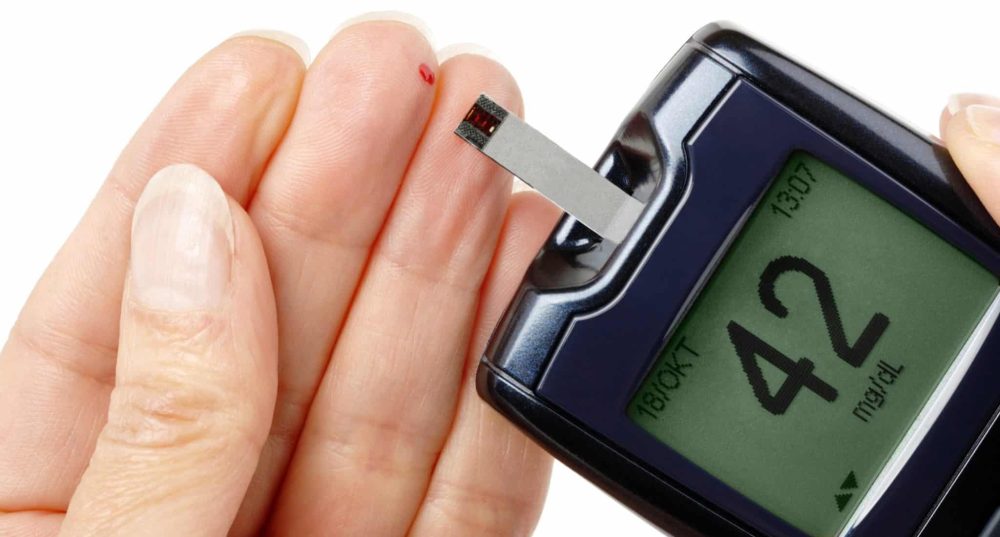Managing Low Blood Sugar Symptoms
Throughout the day, your blood sugar levels can naturally fluctuate. A level below 70 mg/dL is considered low blood sugar, requiring prompt action to elevate it. This is particularly common for patients with type 1 diabetes.
Recognizing the signs of low blood sugar is essential, as untreated low blood sugar can be life-threatening. Keep reading to identify the symptoms and causes of low blood sugar.
What Causes Low Blood Sugar?
There are several reasons you might experience low blood sugar, such as:
- administering too much insulin
- not consuming enough carbohydrates in proportion to your insulin dose
- timing of insulin delivery
- length and intensity of physical activities
- alcohol consumption
- proportion of protein, fiber, and fat in your diet
- unexpected changes in daily routine
- spending time at high altitudes
- going through puberty
- menstruation
Low Blood Sugar Symptoms Without Diabetes
Do people without diabetes experience low blood sugar levels? Yes, and here are some potential reasons:
- medications
- conditions affecting the pancreas, kidneys, or liver
- metabolic issues
- alcohol usage
- digestive disorders
Low Blood Sugar Symptoms in Adults
Each body may react differently to low blood sugar. It’s crucial to recognize your own symptoms. Common symptoms among adults include:
- rapid heartbeat
- shaking
- sweating
- nervousness
- anxiety
- irritability or confusion
- dizziness
- hunger
Types of Low Blood Sugar
Nighttime Low Blood Sugar
Low blood sugar can occur at any time, including nighttime. Causes might include:
- having an exhausting day
- exercising right before bed
- taking too much insulin
- drinking alcohol at night
Severe Low Blood Sugar
Severe drops in blood sugar can lead to more serious symptoms, such as:
- feeling weak
- difficulty walking or seeing clearly
- behavioral changes or confusion
- seizures
